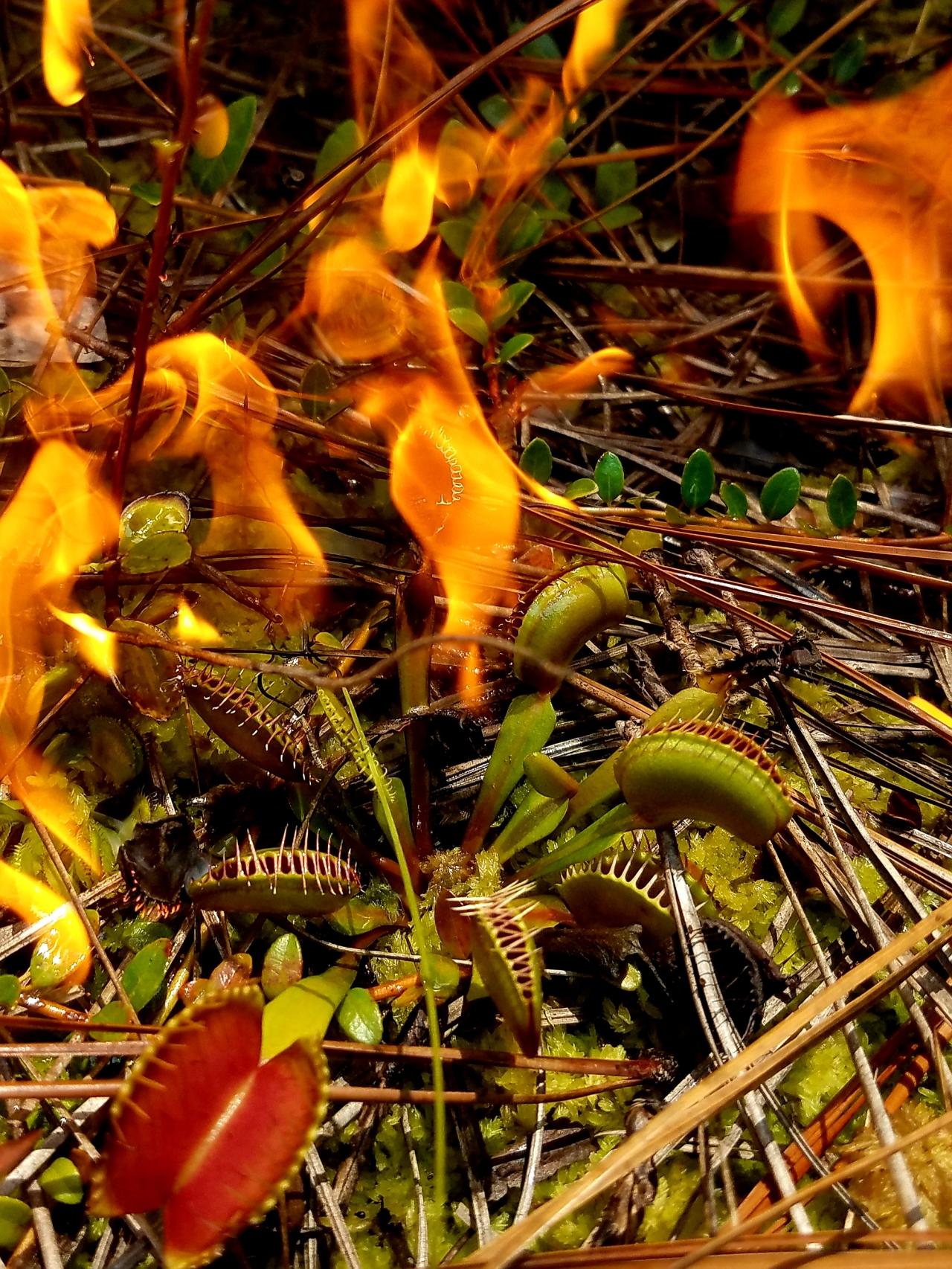On International Day of Forests, IP Shows How Landowners Use Controlled Burns To Promote Healthy Forests That Withstand Wildfires, Help Wildlife
NORTHAMPTON, MA / ACCESSWIRE / March 21, 2024 / On International Day of Forests, International Paper (IP) and longtime partner the National Fish and Wildlife Foundation (NFWF) celebrate landowners across the U.S. South that manage non-industrial private forests with controlled burns that help create thriving habitats, safer communities and more resilient forests.
The Forestland Stewards Partnership, a longtime collaboration between IP and NFWF, provides grants to on-the-ground partners to help landowners improve forest management practices and enhance the economic and ecological functions of working forests. One way that NFWF and IP help foster healthy, flourishing forests is by supporting controlled burns and encouraging participation by private landowners. These controlled burns help reduce potential wildfire fuel, such as dead wood and debris, resulting in forests that are more wildfire-resistant.
The Forestland Stewards Partnership supports work with private forest owners across the U.S. South, including North Carolina, where controlled burning efforts are in full swing thanks to partners including The Nature Conservancy in North Carolina (TNC), North Carolina State Cooperative Extension, North Carolina Forest Service (NCFS) and North Carolina Wildlife Resources Commission that utilize Prescribed Burn Associations and other approaches to getting controlled burns back on the landscape.
"Fire has shaped healthy landscapes of North America, like the longleaf pine ecosystem, for millions of years. Yet, today, our relationship with fire has changed with an overemphasis on putting out fires as quickly as possible and an underemphasis on lighting safe, controlled burns," said Jeff Marcus, TNC North Carolina Longleaf Pine Applied Scientist. "That's why The Nature Conservancy and its partners are proud to work with North Carolina landowners through funding provided by the Forestland Stewards Partnership to teach landowners how controlled burns benefit the forests in their care as well as protecting the entire community."
Marcus pointed to the June 2023 Pulp Road Wildfire in Brunswick County as an example of the importance of controlled burns for community and habitat protection.
"The blaze burned more than 15,000 acres, the majority of which was a wetland called pocosin. Areas that had not burned in over 60 years burned intensely, while areas managed with recent controlled burns burned less intensely or not at all. Controlled burns conducted by The Nature Conservancy in the Green Swamp helped mitigate and control the wildfire by reducing thatch and woody material that made containment of the wildfire easier," Marcus said. "These fire-managed areas served as important refuges for wildlife that live in the Green Swamp." The preserve is owned and managed by TNC, a nonprofit organization working to bring good fire back to forests and other ecosystems, including to longleaf pine forests in North Carolina.
Wayne Rider, a U.S. Army veteran and one of the 525,000 North Carolina private, non-industrial forest landowners, owns 210 acres with his wife in Cumberland and Bladen counties. Together, they are looking to leave the land better than they found it.
"Owning a piece of land and being a good steward was definitely a life goal," Rider said. "We have had wildfires in our area; engaging in controlled burns will result in much less damage to land should an unmanaged blaze strike."
To properly engage in controlled burns, Rider has participated in Bladen Lakes Prescribed Burn Association's educational programs and was certified to conduct controlled burns after taking a 40-hour class through stewardship partner NCFS. Landowners also can hire certified burners and seek reimbursement for much of the cost.
More than three-quarters of North Carolina's 18.7 million acres of forestlands are owned and managed by private landowners. Through NFWF and IP's partnership and collaborative organizations, controlled burn management can protect private lands economic investment by reducing wildfire losses, while enhancing habitat, restoring at-risk wildlife and plant species, and improving water and air quality through healthier forests. Win-win for all.
About the National Fish and Wildlife Foundation
Chartered by Congress in 1984, the National Fish and Wildlife Foundation (NFWF) protects and restores the nation's fish, wildlife, plants and habitats. Working with federal, corporate, foundation and individual partners, NFWF has funded more than 6,000 organizations and generated a total conservation impact of
About International Paper
International Paper (NYSE: IP) is a global producer of sustainable packaging, pulp and other fiber-based products, and one of the world's largest recyclers. Headquartered in Memphis, Tenn., we employ approximately 39,000 colleagues globally who are committed to creating what's next. We serve customers worldwide, with manufacturing operations in North America, Latin America, North Africa and Europe. Net sales for 2023 were
About International Paper - EMEA
In Europe, Middle East & Africa (EMEA), International Paper focuses on the production and marketing of fiber-based packaging and pulp, employing approximately 4,200 people. As a leading supplier of high-quality corrugated containers for a multitude of applications, we serve customers throughout the region from our network of two recycled containerboard mills and 23 box plants in France, Italy, Morocco, Portugal and Spain. Pulp production is centered in Gdansk, Poland. Other products available from International Paper in the region include Kraft linerboard and recycled containerboard, as well as pulp.

Contact Info:
Spokesperson: International Paper Company
Website: https://www.3blmedia.com/profiles/international-paper-company
Email: info@3blmedia.com
SOURCE: International Paper Company
View the original press release on accesswire.com









